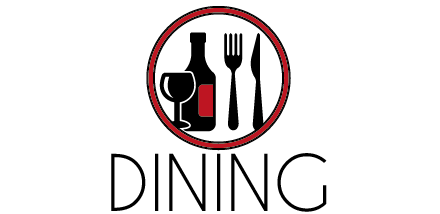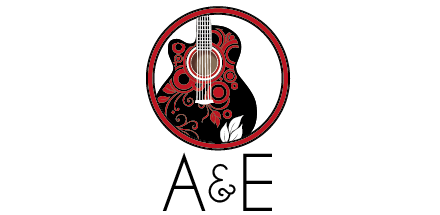Like it or not, West Ashley’s hospitality industry could soon be directly affected by the ongoing fight to limit bar openings and their business hours on the peninsula.
On Tuesday, Sept. 23 City Council approved a one-year moratorium on new bars between parts of King, Meeting, and East Bay streets, and the Market, that can stay open past midnight.
The 9-3 vote will allow a 21-person, appointed study committee 12 months to delve into how best to balance the peninsula’s growing and moving bar scene, and the more serene parts of its economy, like improving neighborhoods and attracting 9-to-5 businesses.
Several West Ashley bar owners said they weren’t worried by the vote, as they didn’t believe that whatever emerges from the study committee would affect remote West Ashley.
But should they be so smug? History says no.
Years ago, Mayor Joseph P. Riley Jr., teaming with a downtown hotel, pushed to shutter bars in an area known as the KGB — the peninsular bar garden, bordered by King and George streets and Burns Lane.
Many of the same complaints were lodged then — tough to police and patrol, and serious negative impacts on daytime businesses and residential areas — are being revisited in Riley and Police Chief Greg Mullen’s arguments to curtail hours and new bars.
Back then, Riley guided City Council into creating an overlay zone to directly limit bar action in those few KGB blocks. It failed legal muster, as did subsequent attempts to expand the controlled zone to south of Calhoun, and later the entire peninsula.
Eventually, a citywide plan was implemented that closed bars at 2 a.m., six nights a week. The legal argument against the overlay zone was that it was unfair to treat a bar in one part of town differently than a bar in another part of town.
Critics now argue that City Council has, with the moratorium, created a de facto overlay district that once again won’t hold up in court.
And that has caused some to worry that whatever solution the study committee comes up with for peninsular problems would become the law of the land for West Ashley.
“I think it definitely could … this could potentially effect every bar and restaurant in the city,” said West Ashley councilmember Aubry Alexander, who was one of three to vote against the moratorium. “It may be a constitutional issue — equal treatment under the law.”
City Councilman Bill Moody, who also represents parts of West Ashley, agreed that what emerges from the study committee could be applied to this part of town.
But Moody, who voted for the moratorium, said that the 12 months were needed for the appointed committee to come up with real world solutions. Moody said that the review could close loopholes in the city’s policies toward new bars that could directly affect West Ashley.
Alexander said, without naming specific establishments, that certain downtown bars had outfoxed the system. He said that some had in the past signed parking contracts with local parking lots in order to get a city variance that allowed them to open, and then after they were open for a month, cancelled the deal, thereby skirting the city’s policies.
Both Alexander and Moody liked the idea of linking a future West Ashley establishment’s business license and certificate of occupancy to an ongoing parking variance agreement.
“The days of bars in West Ashley putting down their parking as in the street and in nearby neighborhood roads is over,” said Alexander.
Mike Kulick, who along with his wife Jen, own restaurants and bars in West Ashley (Voodoo Tiki Bar and Lounge) and downtown (Tattooed Moose), is worried the city is once again “closing the barn door after the horses have gotten out.”
Kulick sees his businesses “colonizing” different areas of town: the Moose at the doorway to the improving Neck area of the upper peninsula, and Voodoo in the formerly moribund Avondale Point shopping area, and currently building a new restaurant along Maybank Highway on Johns Island.
Kulick sees a paradigm where once the bars and restaurants make a place hip, City Hall wants to close them. Historically, Kulick seems to have a point, as successive years over the past few decades have seen the city attempt to “clean up” the “moveable beast” of the bar scenes in the Market area, East Bay Street, KGB, and now Upper King.
Kulick said he and his wife were talking after the moratorium passed on the first of three needed votes. And the idea struck them that the moratorium, if extended, could create a “millionaires club” of current bar owners with less hoops to jump through to expand.
“Nobody is going to open a bar that has to close at midnight,” he said, leading to big demand in a market for grandfathered liquor licenses and bars.
Alexander, echoing some of Kulick’s sentiments, said “for years all we have been hearing is that the peninsula is the ‘economic engine’ of the region — now it looks like we’re about throw a rod in the gears.”
Riley has consistently stood with complaining neighborhoods, strewn with bar detritus, and apocryphal businesses looking to relocate, seemingly siding with the 9-to-5 working crowd over the midnight-to-2 a.m. drinking crowd.
And that may affect West Ashley’s redevelopment and vitality, or its livability and property values.
Time, like about a year, will tell.
(843) 766-WEST (9378)
publisher@westof.net













